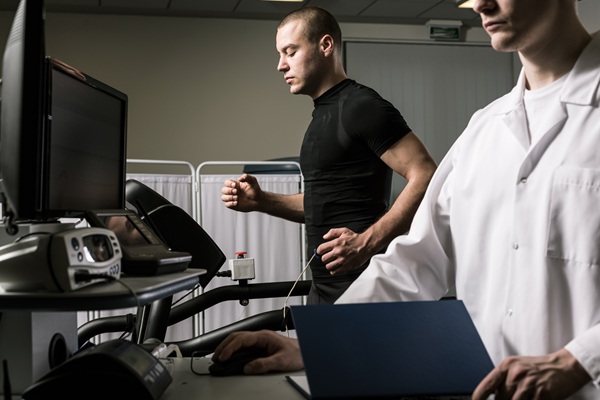5 Daily Tips From a Heart Care Doctor

Every day, more doctors are pushing for regimens of good heart care with their patients. The Center for Disease Control and Prevention points to heart disease as the number one cause of death in the United States. In 2016 alone, it was responsible for over 600 thousand deaths. That is more than accidents, stroke, respiratory disease and Alzheimer’s disease combined. Heart health is something that everyone should take seriously.
Heart care: an individual responsibility
Many people do not realize it, but lifestyle is the biggest contributor to how healthy one's heart is. The things people eat, the things they drink and the things they smoke all impact heart health. Leisure activities, activity levels and even the environment, can affect the heart. It is important to learn the things any individual can control to promote better health.
Tips for maintaining a healthy heart
Quit smoking
Cardiovascular disease occurs when a heart is not healthy, and one of the major causes of CVD is smoking. According to the Centers for Disease Control, smoking is the direct cause of one-third of all CVD deaths. Smoking causes many risks to the heart including high cholesterol and increased blood pressure. By quitting smoking, the risk of heart disease or CVD is drastically reduced.
Exercise more
Physical activity is very important in a heart care regimen. Doctors recommend getting at least two and a half hours of physical activity each week. Exercise makes a person stronger, helps with balance and increases flexibility. More than that, it improves cardiovascular function. The heart learns to work more efficiently and gets stronger.
Eat better
Diet is a major contributor to unhealthy hearts. Eating foods that contain a lot of trans fat or saturated fat can result in high cholesterol. Eating too much salt can contribute to high blood pressure. Eating too much sugar can raise blood sugar levels which are particularly problematic for diabetics. High cholesterol, high blood pressure and diabetes are all harmful to heart health and can cause long-term issues. By getting on a healthier diet, both heart and overall health can improve.
Lose weight
A natural side effect of eating better is weight loss. Being excessively overweight puts people at much greater risk of stroke, diabetes and heart disease. By keeping on a healthy diet and exercising more, weight loss can occur and improve overall health.
Get check-ups
One often overlooked step is to get a regular check-up by a physician. Doctors keep an eye on blood pressure, cholesterol levels, glucose levels and weight. They are constantly watching out for signs of heart problems and can help their patients find the right course and treatment to avoid potential health issues.
Conclusion
Heart care is not something to joke about or take lightly. Most people want to live long, full lives with their loved ones. To get the most out of life and have a good chance at living the full life you have dreamed of, take your heart health seriously.
Request an appointment here: https://boyntonbeach.floridapremiercardio.com or call Florida Premier Cardiology at (561) 229-1411 for an appointment in our Boynton Beach office.
Check out what others are saying about our services on Yelp: Read our Yelp reviews.
Recent Posts
According to the Centers for Disease Control and Prevention, heart disease is the leading cause of death for adults in the United States. Therefore seeking chest pain treatment is crucial, especially for those at high risk for heart disease. However, chest pain can result from various health issues, so how does one know when it…
A cardiac stress test is a diagnostic tool to evaluate how well the heart performs under physical stress. Cardiologists use this test to detect underlying cardiovascular conditions, monitor treatment progress, or assess the risk of future heart complications. Cardiac stress tests are essential in the early detection and management of heart disease.A cardiac stress test…
Peripheral arterial disease affects blood flow in the arteries, most commonly in the legs. It develops due to plaque buildup in the arteries that causes them to narrow and restrict circulation, possibly leading to discomfort, difficulty walking, and other serious complications. Recognizing the symptoms early and exploring treatment options can help improve the quality of…
Receiving cardiovascular treatment is a critical step in managing heart health, but recovery and long-term are equally vital to ensure long-term wellness. Whether the treatment involves medication management, interventional procedures, or surgery, maintaining a relationship with the cardiologist and following their recovery guidelines is crucial. A structured follow-up plan allows patients to maintain the benefits…


